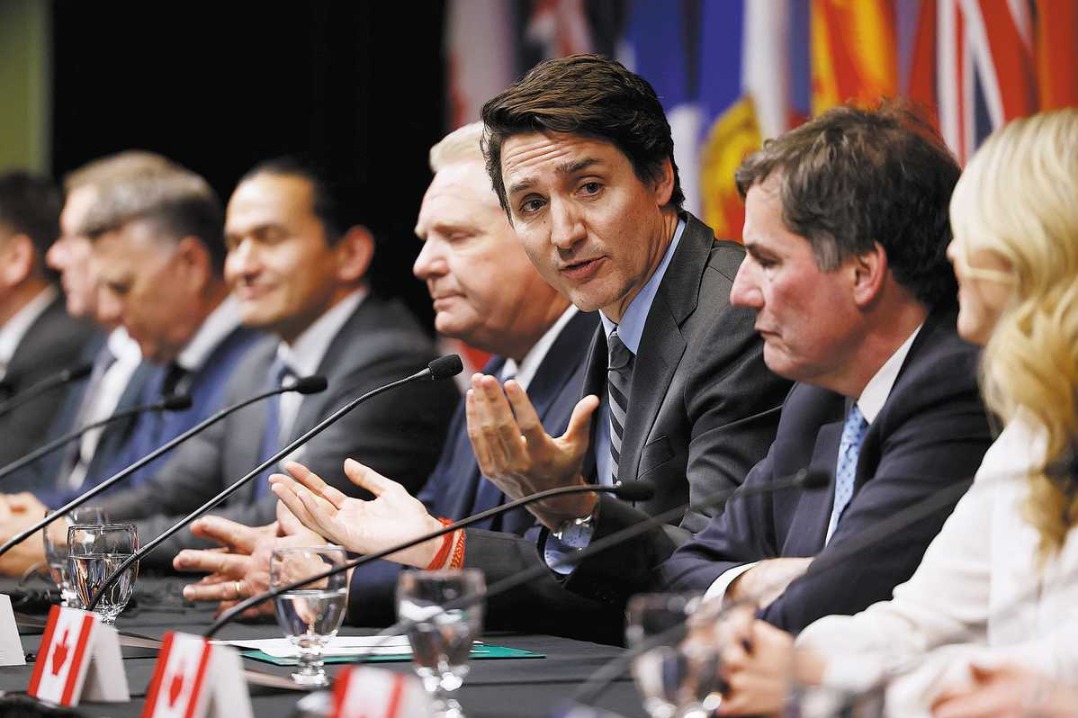Travel curbs by nations should be scaled down


Although China faces an uphill task in fighting the novel coronavirus, one that will take time and effort, the reaction of some media outlets and countries has been hysterical.
Nations such as the United States and Australia have imposed travel bans on people coming from China, citing public health concerns.
While one should appreciate the efforts of governments to protect their populations and national interests, recent data is beginning to suggest the extent of these efforts in restricting travel to and from China may not be necessary for too long, and may have been an overreaction.
There has been much attention to the fact that patient numbers have continued to grow on a daily basis, especially within Hubei province. Numbers in the rest of China indicate that efforts to contain the outbreak may be starting to pay off.
On Jan 29, the Chinese mainland reported 705 new cases outside Hubei province. On Feb 5, there were 707 new reported cases of the coronavirus outside the province, which represented 19 percent of the total cases.
That percentage has been on a general decline. Decreases were also seen in the number of new cases in Hubei: 2,147 by Feb 8, and 509 new cases in other parts of the mainland.
In that span of a week, the number of new coronavirus cases throughout China did not accelerate on a proportional or real terms basis, illustrating that there is no momentum or multiplier effect. But the number of people leaving hospitals after recovery has been increasing.
Although some have been quick to reject these figures at face value out of political bias, nevertheless there is evidence to suggest this. First of all, despite criticism by the mainstream media, China's measures appear to have been effective in containing the spread of the virus from the Hubei area.
Although the Chinese New Year travel rush was difficult to fully control and did bring cases from place to place, this has settled down and the case numbers reflect it. Second, people throughout the country have been more prepared, therefore taking more contingencies to avoid contracting the coronavirus.
Third, cases in given provinces and cities-as well as those who have been in contact with these patients-are easier to identify, contain and isolate. Thus the response of local authorities has been faster, more preemptive and decisive.
Airports and train stations have been repeatedly sterilized, with infra-scanners being used to detect people's temperatures, while China's artificial intelligence technology and security have been able to more readily assess where infected people have been, thus creating an all-around more prepared-response, which is reflected in the stabilizing number of cases outside of Hubei.
When experts predicted in January that the coronavirus would peak within a couple more weeks, they appear to have been correct. Most of the Western media coverage has not given any credence to China's response but instead sought to present the image of weakness and score ideological points against the country's political system.
The response has been neither weak not ineffective. A China-wide epidemic is being successfully averted and efforts within Hubei itself are now accelerating.
Given these circumstances, countries might want to question the rationale of continuing travel bans or restrictions to and from China. Business as usual outside of Hubei is likely to resume in due course, so therefore it will become increasingly unfair to discriminate against over 1 billion people as a whole.
While it is true that health cooperation requires precautions, it also calls for pragmatism, and the mass scapegoating, racial profiling and stigmatizing of all Chinese people concerning the virus is unacceptable.
Since the situation continues to stabilize, countries should immediately scale down these decisions and at the very least limit them to those who have been to Hubei.
The author is a British political analyst. The views do not necessarily reflect those of China Daily.
































